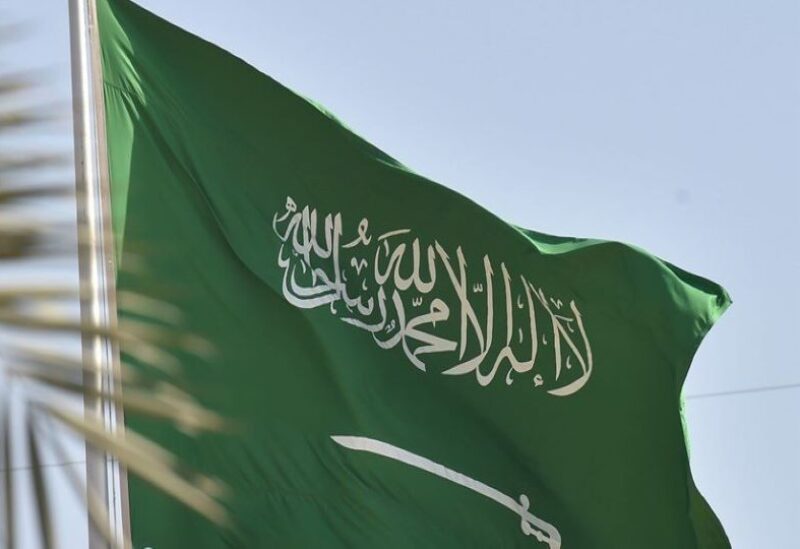
Saudi's flag
Saudi Arabia launched five new projects to produce electricity using renewable energy as part of the fourth phase of the Kingdom’s National Renewable Energy Program (NREP).
The Saudi Power Procurement Company (SPPC) explained that the new projects have a total capacity of 3,300 megawatts, including three wind energy projects and two solar energy projects.
The total production of wind energy projects stands at 1,800 megawatts, distributed for a project in Yanbu with a capacity of 700 megawatts, another in al-Ghat with 600 megawatts, and a third in Waad al-Shamal with 500 megawatts.
The total capacity of solar projects reaches 1,500 megawatts, distributed to a project in al-Henakiyah with 1,100 megawatts and another in Tubarjal with 400 megawatts.
The kingdom targets to reach the best energy mix to produce electricity from renewable energy resources, use gas with 50 percent for each of them, and replace the fuel used to produce electricity by 2030.
Last August, the Ministries of Energy and Finance completed all necessary legal procedures to purchase and transfer the ownership of Saudi Electricity Company’s (SEC) stakes in the SPPC to the government ownership.
The arrangements came from the electricity sector’s restructuring program and complemented the financial and regulatory reforms.
The reforms were approved by the Ministerial Committee for the Restructuring of the Electricity Sector, with oversight of the Supreme Committee for energy mix for electricity generation and empowering the renewable energy sector.
The Ministry of Energy revealed the transfer of assets, obligations, and commercial contracts related to the business of the Procurement Company, part of the comprehensive reforms which contribute to achieving sustainability, raising efficiency, and achieving the goals of Vision 2030.
The main focus will be on planning and offering the required electric power generation projects, concluding purchase and wholesale agreements, developing the sector’s trade and services markets and global exchange, and purchasing fuel to achieve the company’s purposes and supplying it to producers.
The Ministry of Energy indicated that the new measures would achieve the objectives of the optimal energy mix, the displacement of liquid fuels and the raising of the level of environmental compliance, to encourage local and foreign investments, increase localization, and ensure the security and reliability of supplies at the lowest costs.
The National Renewable Energy Program began with a specific and consistent roadmap to diversify local energy sources and stimulate economic development toward sustainable financial stability in the Kingdom.
It includes establishing the renewable energy industry and supporting the development of this promising sector by working to fulfill the country’s commitments towards reducing carbon emissions.